EERA Blog
European Educational
Research Association
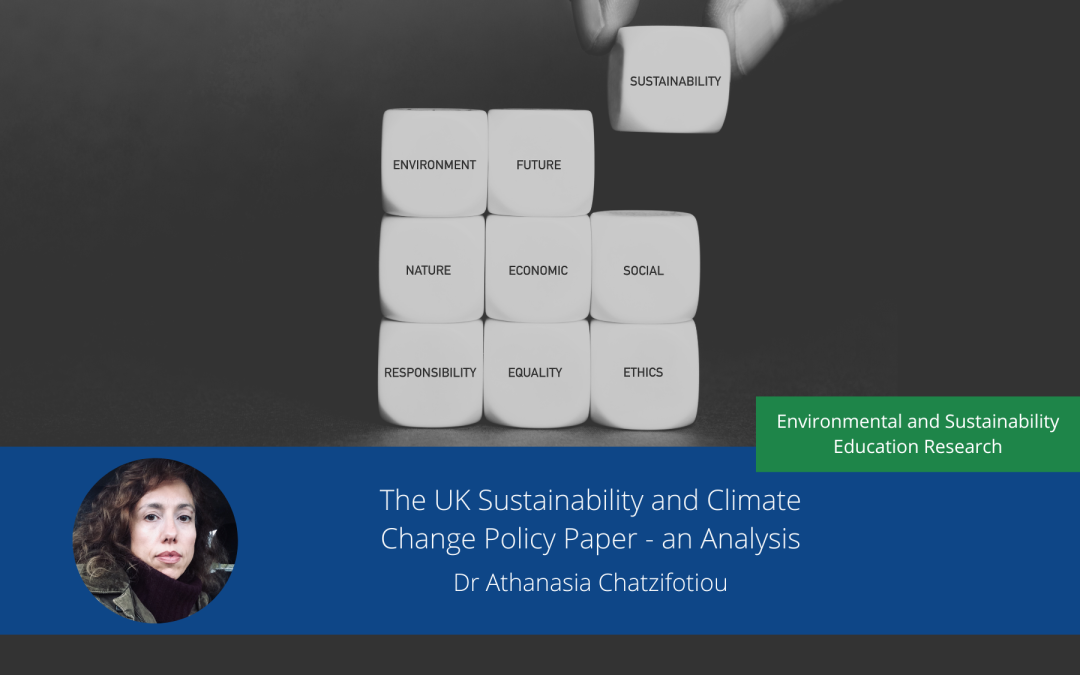
The UK Sustainability and Climate Change policy paper – An analysis
In April 2022, the UK Department for Education (DfE) published a policy paper laying out a strategy for the education and children's services systems on the topic of sustainability and climate change. Dr Athanasia Chatzifotiou, Senior Lecturer at the University of Sunderland in the UK took a closer look at the policy paper to help us understand its provisions and proposals.Key Messages The Strategy identifies the importance of sustainability and climate change aiming to reach teachers and other professionals engaged in a variety of children’s service systems. The Strategy has limitations that emanate from the language used and its actual content that is not presented in a clear and...
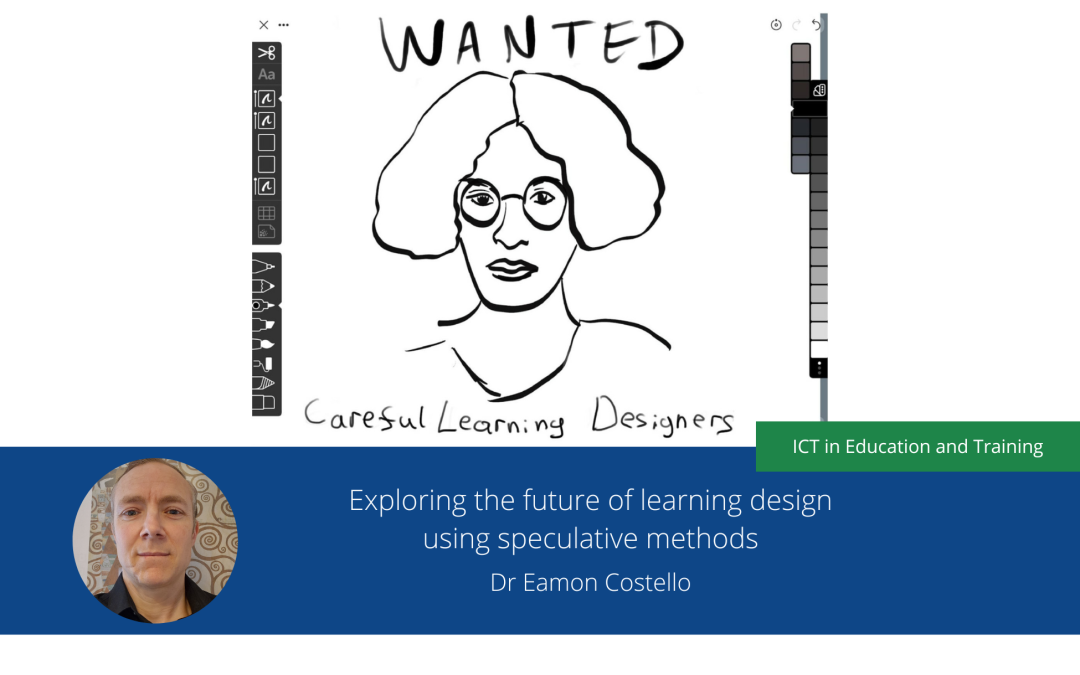
You’ve been hired! Exploring the future of learning design using speculative methods
The latest annual survey from the Association for Learning Technology (ALT) highlights the changes in the profession of those who work in the spaces where technology, teaching, and learning intersect. The brokers who work in these vital in-between places of education have been referred to as “third space professionals”. A range of titles is reported in the ALT annual survey by respondents, with the most common being “learning technologist”. For real, paid work, people apply for more prosaic-sounding jobs than that of a “third space professional”. There may be gaps, if not tensions, between academic parlance and how we speak in the real world. If this resonates with you, and you are a...
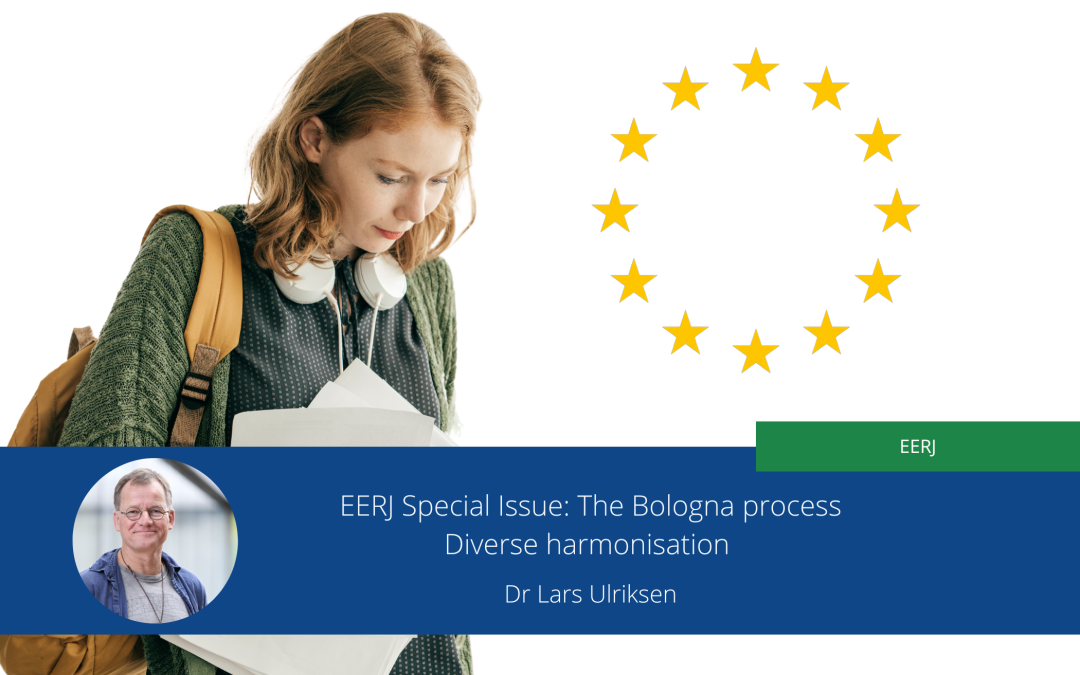
EERJ Special Issue: The Bologna process – diverse harmonisation
The European Educational Research Journal (EERJ) was created by EERA to further the aims of the association and its members, educational researchers across Europe. It is a scientific journal interested in the changing landscape of education research across Europe. It publishes double-blind peer-reviewed papers in special issues and as individual articles. As part of the ongoing cooperation with EERJ, the EERA blog will share updates and information about upcoming and published special issues and articles alongside blog posts from EERJ contributors. You can find out more about the EERJ and the benefits of a European journal presenting international educational research at the end of this...
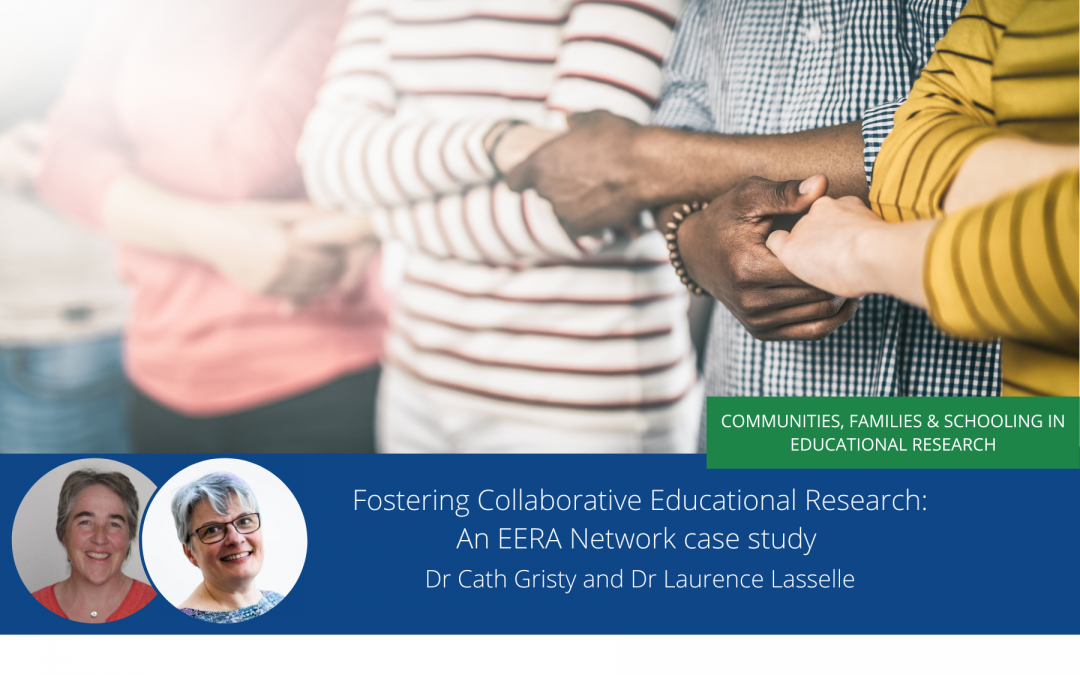
Fostering collaborative educational research: An EERA Network case study
The development and success of the book on educational research in rural Europe are a direct result of collaboration through an EERA network. The book includes contributions from a wide range of authors from across Europe, for some their first publication in English.
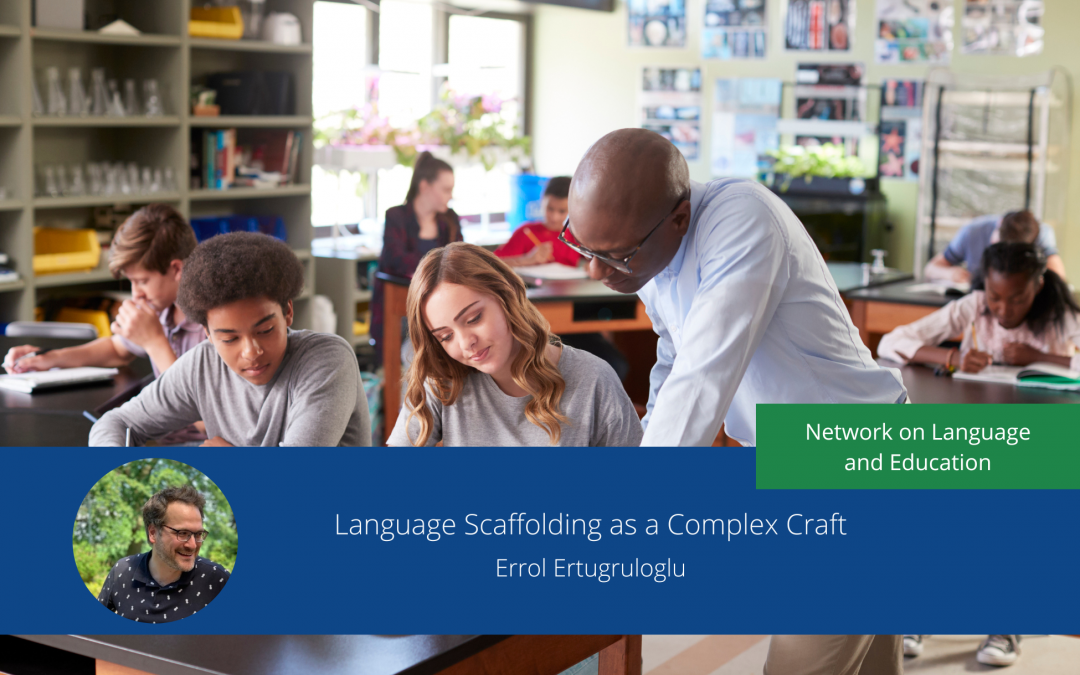
Language scaffolding as a complex craft
Teachers support students’ writing assessments beyond language or content, including disciplinary or broader academic literacy. A framework combining whole-class scaffolding, language levels, and scaffolding motivations can provide insights into the ways language scaffolds unfold in classrooms.
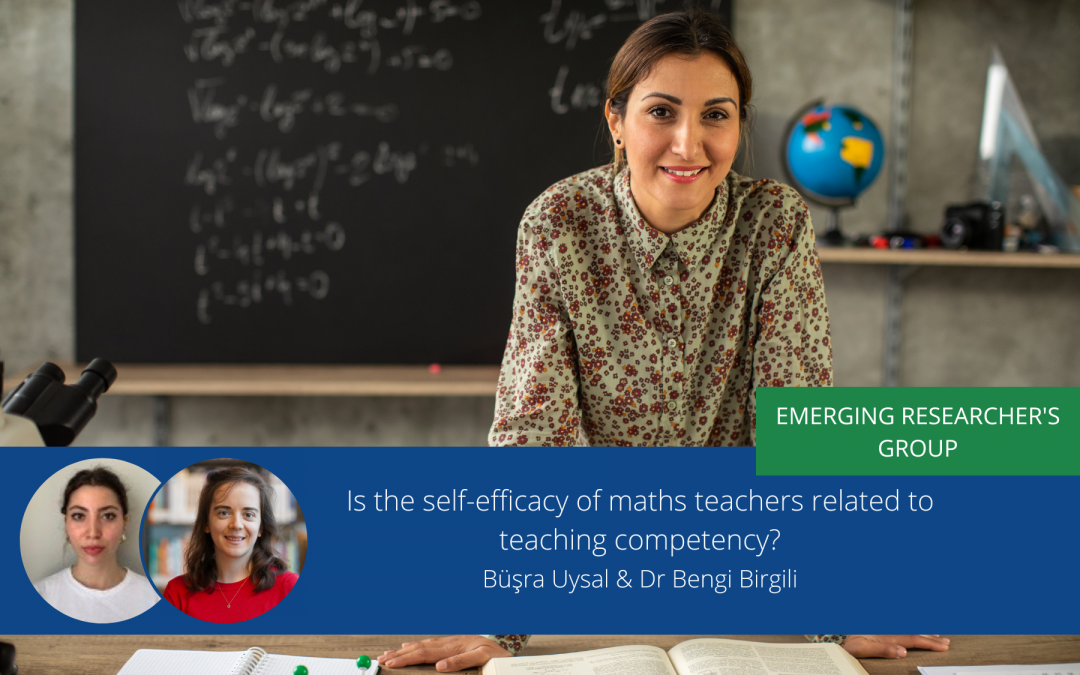
Is the self-efficacy of maths teachers related to teaching competency?
The role of teachers is one of the essential elements that ensure the proper functioning of the education system and the world for students' benefit. In addition to guiding them academically, teachers can influence children’s future, making them better human beings. A teacher can instill content knowledge, life skills, good dispositions, traditional values, and modern-day issues to students. Teaching mathematics goes beyond the knowledge capacity of teachers and pre-service teachers. In other words, equipping students with different 21st-century skills and attitudes is the main goal of teaching mathematics, rather than transferring content knowledge. The confidence teachers have in their...
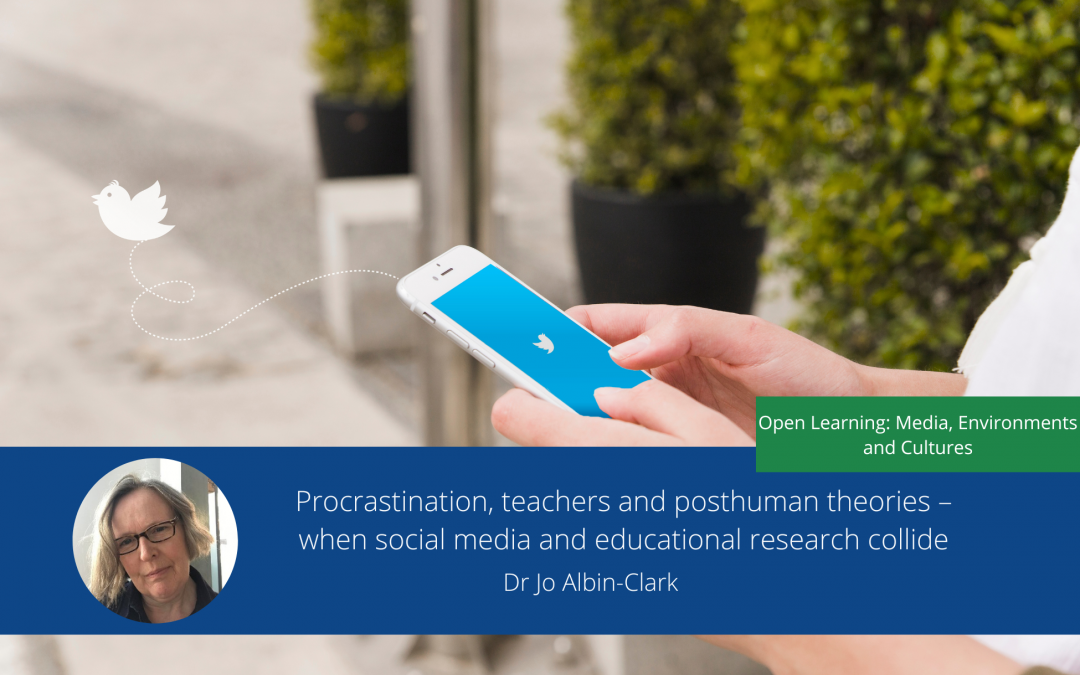
Procrastination, teachers, and posthuman theories – when social media and educational research collide
Social media offers accessible ways for teachers (and researchers) to swiftly operationalise digital doings that provide hopeful, bite-size and accessible storytelling.
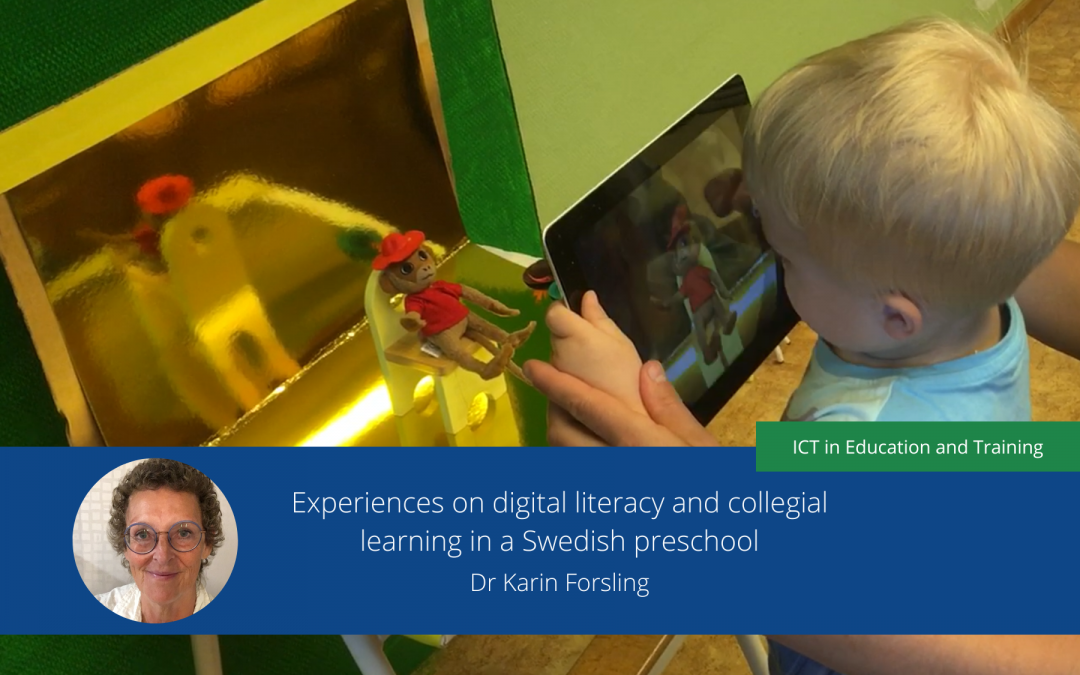
Experiences on digital literacy and collegial learning in a Swedish preschool
At a time when developing digital literacy is high on the agenda, an interdisciplinary starting-point may provide opportunities for daily activities at preschool. This approach may involve the preschool teachers’ own digital literacy, their ability to lead activities, integration of digital tools and resources, as well as their approach to using digital tools critically and responsibly. In addition, it involves extended teaching skills. Timperley (2019) argued that collegial learning is extremely valuable for successful practice in preschool. Research shows that personal and professional development go hand in hand and that development is closely related to how knowledge is put into...
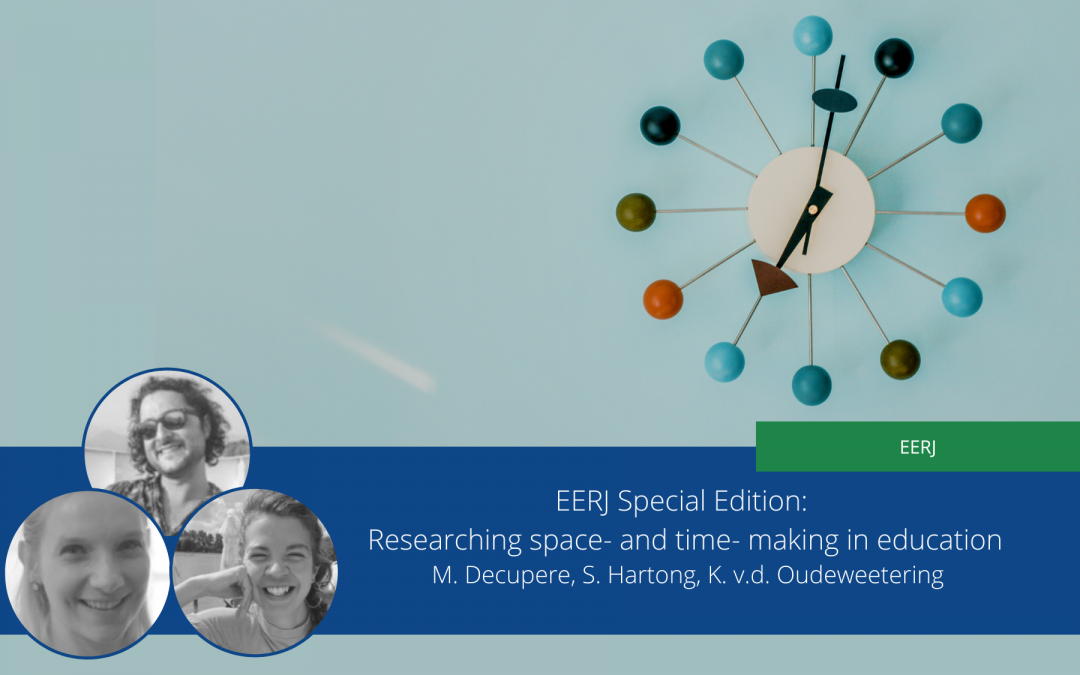
EERJ Special Issue: Researching space and time making in Education
The European Educational Research Journal (EERJ) was created by EERA to further the aims of the association and its members, educational researchers across Europe. It is a scientific journal interested in the changing landscape of education research across Europe. It publishes double-blind peer-reviewed papers in special issues and as individual articles. As part of the ongoing cooperation with EERJ, the EERA blog will share updates and information about upcoming and published special issues and articles alongside blog posts from EERJ contributors. Introduction―Space-and time-making in education: Towards a topological lens Vol 21, Issue 6, 2022 First published online February 16, 2022...
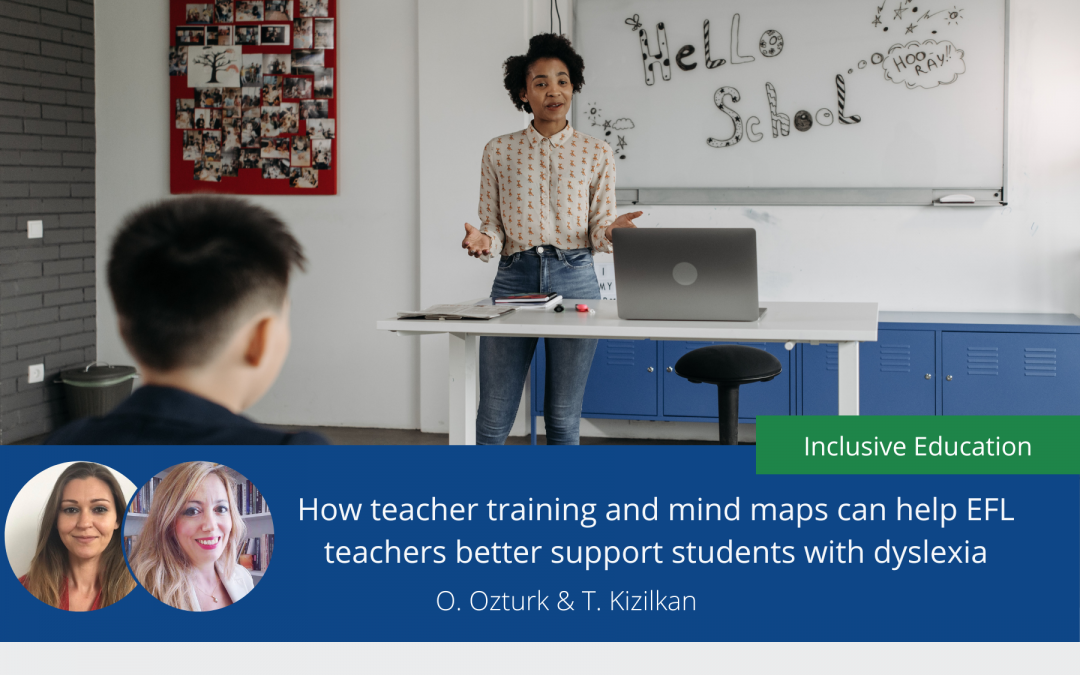
How teacher training and mind maps can help EFL teachers better support students with dyslexia
Education is unquestionably the right of all children and it is, therefore, the resolution of all nations to nurture and produce well-educated and intellectually developed citizens. However, for some learners, primarily those who have learning disabilities, studying languages can be even more challenging and time-consuming. Should we ignore these students just because they struggle? Even though they may have difficulties understanding their native language, most are still capable of learning a foreign language. When we consider the value of English, it becomes even more important for these children to study this language. Given that language acquisition is often regarded as necessary for a...
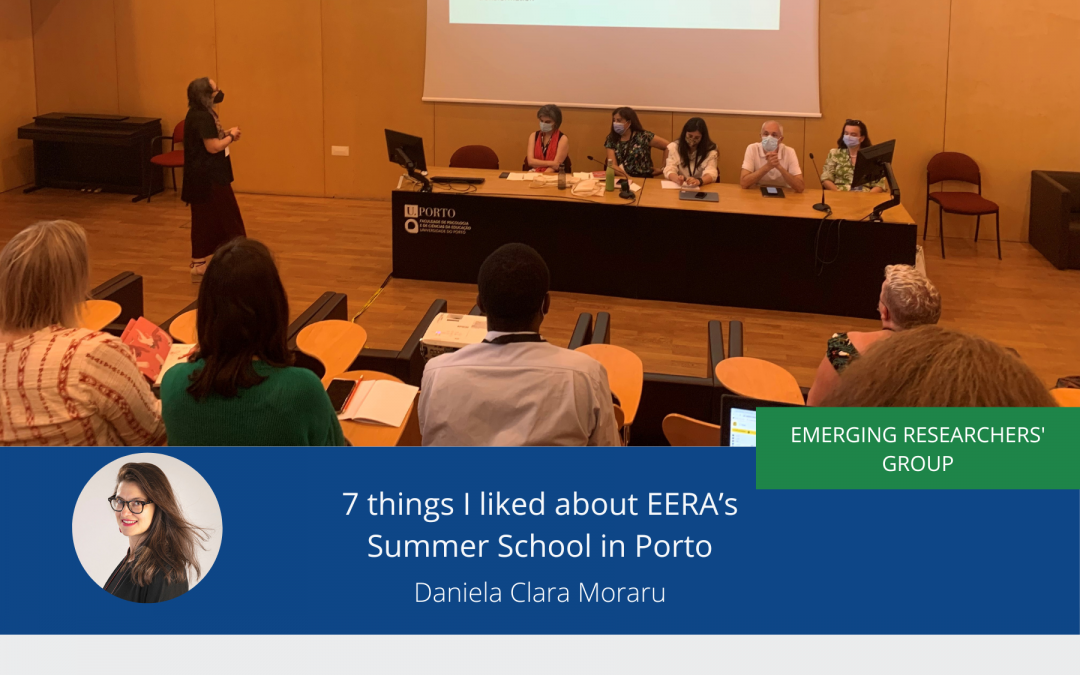
7 things I liked about EERA’s Summer School in Porto
Just as each of us is unique, our PhD journeys will also be unique. However, very often, there are common elements. Engaging in networking activities with other doctoral candidates at an early stage of one’s PhD journey, therefore, proves to be a very enriching experience. We asked Daniela Clara Moraru to share her personal experience of participating in her first EERA summer school in Porto.To give you some background information, I have just finished the 3rd semester of my PhD programme at the University of Luxembourg. My research topic is “Perceptions and attitudes of the vocational education and training actors related to soft skills needed for employment”, a critical topic, especially...
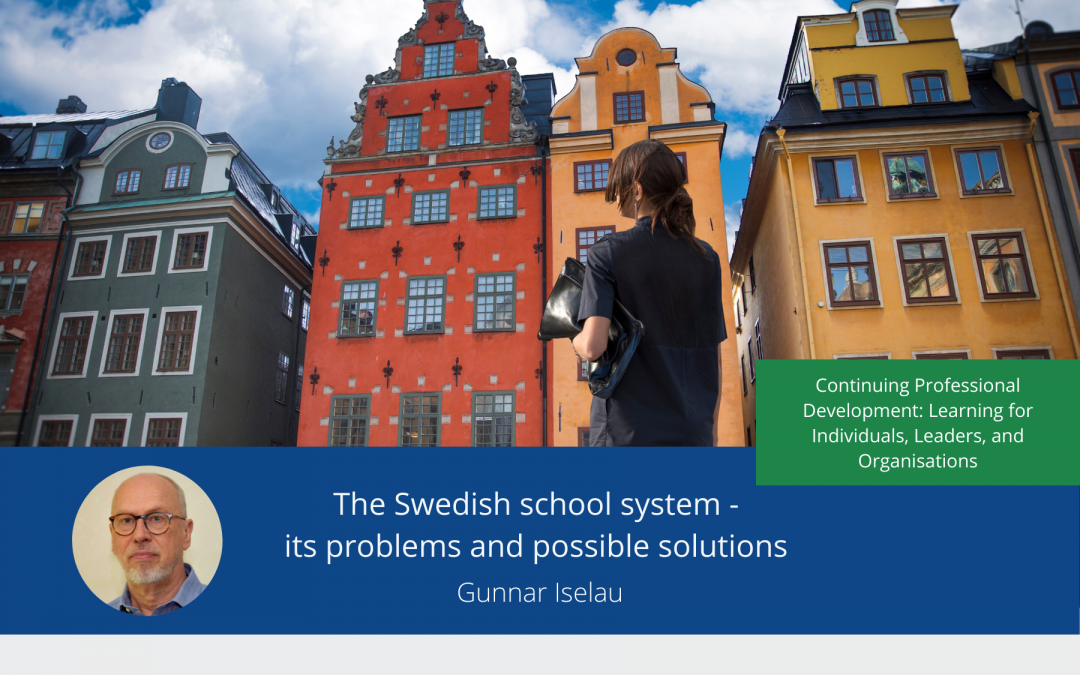
The Swedish school system – Its problems and possible solutions
Gunnar Iselau is the former Director of Education for the Swedish National Agency of Education. In this position, he has gained a meta-perspective of the Swedish school organisation and its problems. Colleagues in other countries often ask 'How is it that Sweden's school system, which has previously been a model for the rest of the world, has now become so problematic?' In this video, Gunnar addresses this question and offers solutions to the 10 problems he identifies. He hopes that this will help educators and educational researchers around the world better understand the Swedish system, and compare it to their country's educational system. A transcript of his presentation can be found...
Write for the EERA Blog
If you’d like to contribute to the EERA blog, take a look at our Submission Guidelines to find out how to successfully pitch a blog post to our Editorial Team. Then send us a quick email to blog-mail@eera.eu
We look forward to hearing from you
